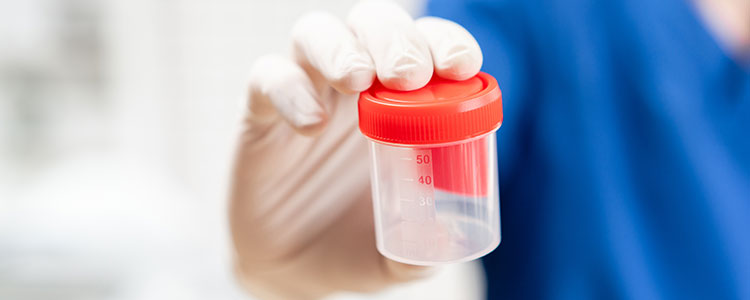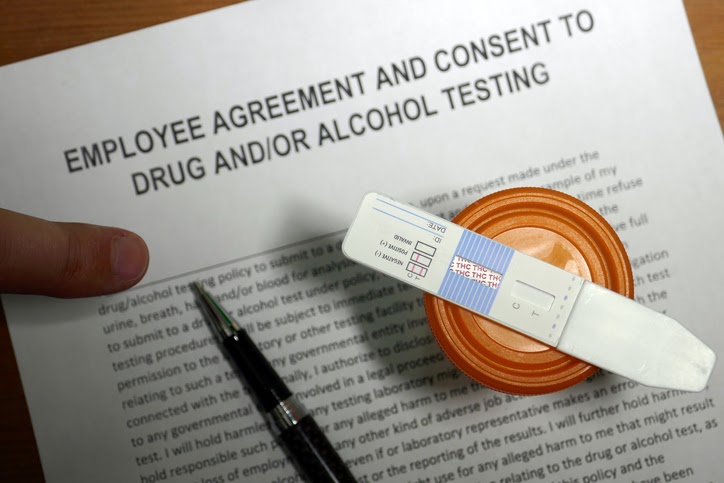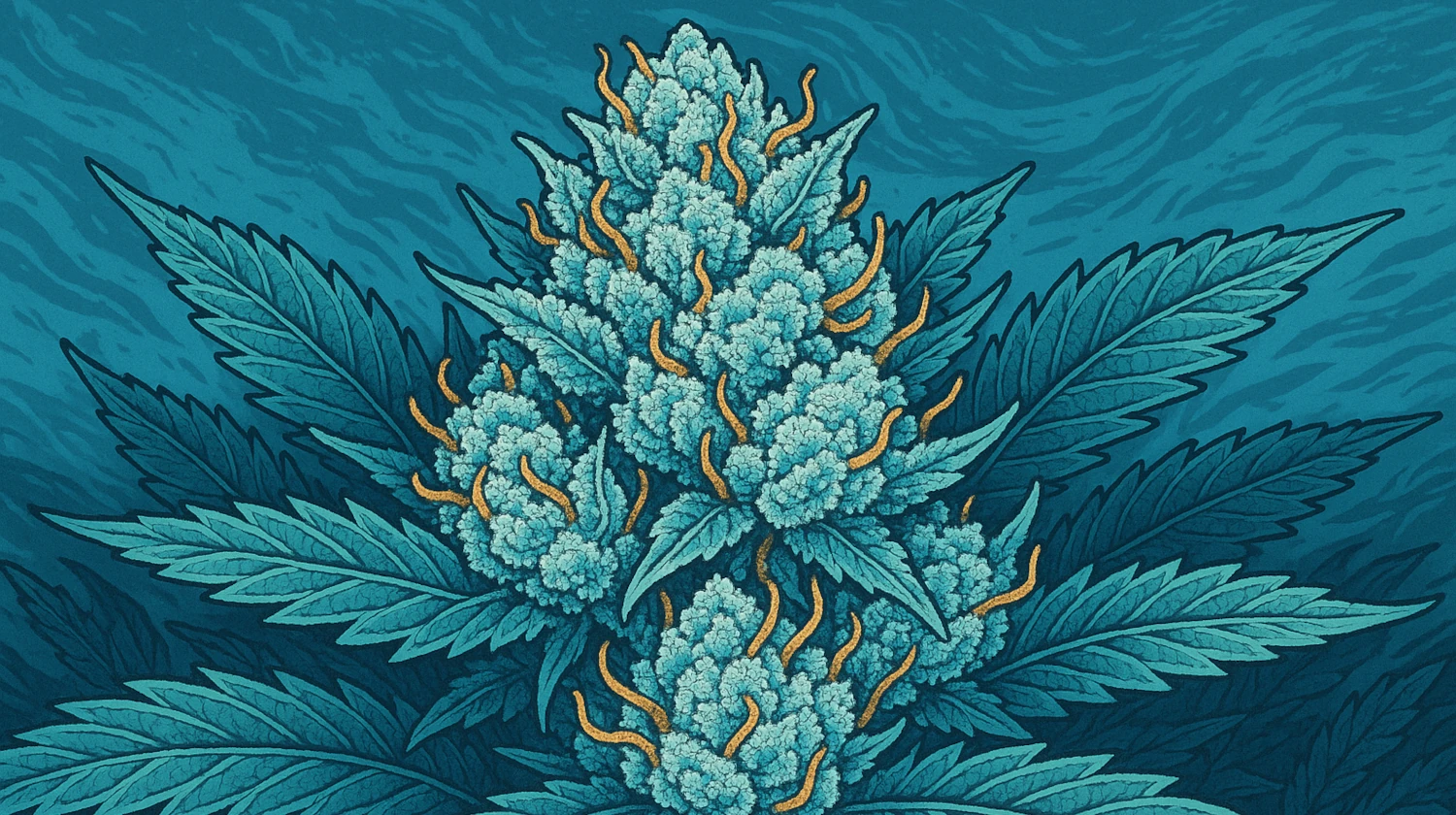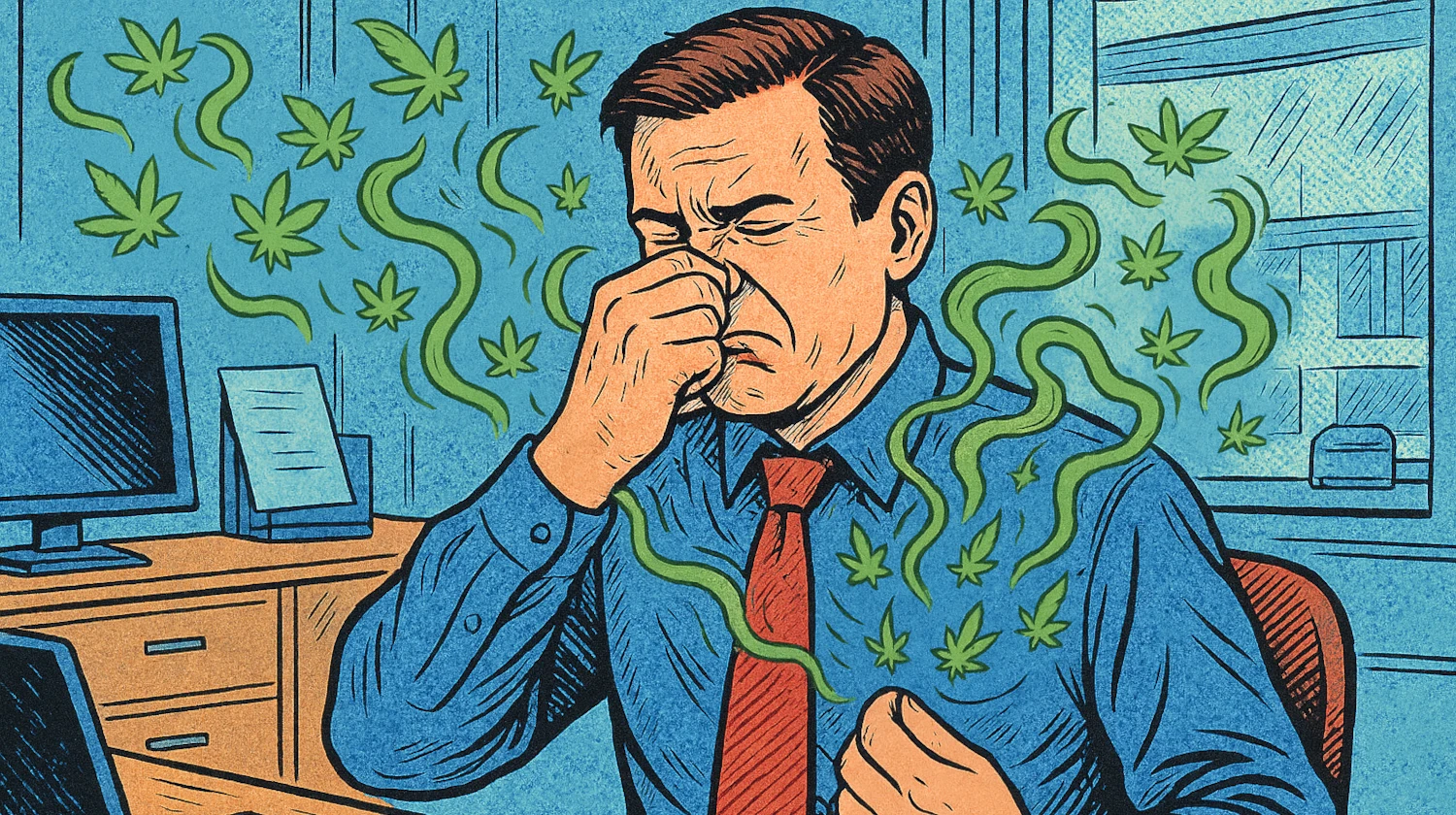In This Article
- What is a Marijuana Detox?
- What Are the Symptoms of a Cannabis Detox?
- How Long Does THC Stay in Your System?
- How Long Can Marijuana Be Detected in Hair?
- How Long Can Marijuana Be Detected in Blood?
- How Long Can Marijuana Be Detected in Urine?
- How Long Can Marijuana Be Detected in Saliva?
- Natural Marijuana Detox Methods
- Abstain
- Exercise
- Drink Plenty of Fluids
- Maintain a Healthy Diet
- Make Your Emotional Health a Priority
- What Are the Risks of a THC Detox?
- Marijuana Detox Pills, Drinks, and Kits
- Bentonite Clay
- Cranberry Juice, Vinegar, and Cleanses
- Niacin
- Conclusion
Medical marijuana has been legalized in dozens of states. However, many of these states do not mandate that employers must accommodate the use of medical marijuana. And even in states with employee protections for medical cannabis patients, there are positions where its use is still prohibited, such as government jobs or safety-sensitive positions. In these cases, medical cannabis patients have no choice but to either find a job that doesn’t drug-test or detox from weed.
But what does a marijuana detox really mean? How much time does it take? And what are the best (and safest) ways to detox from weed?
What is a Marijuana Detox?
The word detox is short for detoxification, which refers to any treatment meant to clear the body of a substance. In the case of a marijuana detox, the process involves the removal of cannabinoids (mainly THC) from the body.
There are a number of reasons a person might choose to detox from cannabis:
- passing a drug test,
- resetting or lowering their tolerance level (t-break),
- preparing to take a new medication (like gabapentin),
- preparing for a surgical procedure that requires anesthesia,
- or even simply because they don’t wish to consume cannabis anymore.
What Are the Symptoms of a Cannabis Detox?
It is possible to feel some symptoms from your marijuana detox in the form of withdrawal. While not as serious as withdrawal symptoms from substances like alcohol or benzodiazepines, many people who stop using cannabis report short-term symptoms like:
- a change in mood,
- diminished appetite,
- irritability,
- cannabis cravings,
- sleep difficulties.
The level of severity of these symptoms depends on your personal physiology along with your level of cannabis use. The more consistently or heavily you’ve used marijuana, the more your brain has gotten used to the supply of THC. When the THC leaves your system, the body is forced to adapt to this change, which may result in some of these symptoms of marijuana withdrawal.
Exactly how long cannabinoids like THC stay in your system – and how long it may be necessary to detox – depends on several different factors.
How Long Does THC Stay in Your System?

So, how long does it actually take to get THC out of your system?
The question isn’t so simple.
THC and other cannabinoids settle in different areas of the body for different periods. Not only that, but THC may break down into several THC metabolites that remain detectable for far longer than THC alone. Generally speaking, THC-COOC is the metabolite that is measured in many different drug tests and often remains in the body for nearly two to three times longer than THC itself. Exactly how long it will take for your body to detox the detectable cannabinoids in your system depends on a few factors, including your metabolism, physiology, and level of use. It also depends on whether a drug test will check your hair, blood, urine, or saliva.
RELATED: How Long Does CBD Stay In Your System?
How Long Can Marijuana Be Detected in Hair?

It’s often been said that THC is stored the longest in the hair follicles. However, recent research has shown that detecting THC in hair samples is not a reliable way to measure marijuana consumption. In some instances, no THC was detected at all in subjects who consumed THC every day for the past month. In others, THC was found after a single use. And sometimes – although it’s rare – being around someone else who is smoking marijuana can be enough to test positive.
While their use is less common due to their unreliable results, hair follicle drug tests have the widest window of detection. Some tests can detect THC and THC-COOC for as long as 90 days after using marijuana.
How Long Can Marijuana Be Detected in Blood?

The earliest THC can be detected in the body is via your bloodstream. It’s been shown that it only takes a few seconds for cannabinoids to enter your blood.
Most drug tests can only detect THC in blood samples for a few hours. THC-COOC, on the other hand, can be detected in the bloodstream for several weeks, especially in frequent or heavy users.
How Long Can Marijuana Be Detected in Urine?

In most cases, marijuana patients asked to complete a drug test will have their urine tested. THC-COOC remains detectable in urine for approximately 10 days after the last use, but can remain in the urine of heavy and chronic users for up to 30 days.
How Long Can Marijuana Be Detected in Saliva?

THC and its metabolites can also be detected in saliva. For most cannabis consumers, THC will remain detectable for no more than 2-3 days, though it can be detected in the saliva of very heavy users for up to a few weeks.
Ultimately, THC itself does not remain in any area of the body for long. But its metabolite THC-COOC can remain detectable for several weeks at a time. Therefore, it can take heavy or frequent consumers 6-8 weeks to completely detox from cannabis.
If two months of abstaining from cannabis doesn’t sound pleasant, you aren’t alone. Cannabis consumers worldwide have asked if there is a safe, natural way to get weed out of their system faster.
Natural Marijuana Detox Methods

While there are commercial products that claim to help consumers detox from cannabis (more on those later), they can carry unique health risks, and there are no guarantees they’ll work.
So for many consumers, the best option is to take the following natural steps to help your body flush cannabinoids from your system.
Abstain
The best way to detox from cannabis is to abstain from any further use. If you do not consume any cannabinoids, then whatever is left in your system from your last use can naturally flush out.
This method can be challenging if you don’t have healthy coping mechanisms in place for cravings or withdrawal symptoms. It can also be the detox method that takes the longest. Thankfully, adding some of the following techniques may help reduce cravings and withdrawal symptoms while simultaneously speeding up the detox process.
Exercise
A large majority of THC is stored in the fat cells. Exercise, especially fat-burning cardio, will help to burn THC out of the system. It can also increase the rate of your metabolism, which is a naturally occurring bodily function that helps release cannabinoids out of the body.
This method may be difficult for people with health impairments or other limitations that prevent physical movement. And you may wish to consult with your doctor before changing your exercise routine. But if no limitations exist, adding regular exercise to your detox regime can expedite your detox. Not to mention, establishing an exercise routine may have other positive outcomes on your overall health beyond removing cannabinoids from your system.
Drink Plenty of Fluids

An easy way to speed up the detox from THC is to increase your water intake. Nearly a third of the THC in your system is flushed out via urine, and increasing your water intake naturally increases your need to pee.
Many teas are also rich in antioxidants and colon cleansers. As such, drinking these types of teas can help stimulate your body to speed up the detox process. Some of the best kinds of these teas include ingredients like dandelion root, milk thistle, juniper berry, peppermint leaf, and Chinese Skullcap.
Try to stick to fluids that are natural and low in sugar. And while it can be helpful to increase your fluid intake, remember not to overdo it, as going to the bathroom too often can leave you dehydrated.
Maintain a Healthy Diet
A natural consequence of a nutritious diet is a healthy and productive metabolism. Your metabolism is responsible for expelling THC and its metabolites from the body.
It is best to have a diet rich in proteins, legumes, and vegetables and low in sugar and fat. Consuming the recommended amount of daily fiber can also facilitate regular bowel movements – another naturally occurring bodily function responsible for removing 2/3s of the THC in the body.
Changing or modifying diets can be difficult for some, though it can be a great way to not only help remove THC from the body but also improve energy levels and overall quality of life.

Fall asleep faster and wake up feeling more rested with our comprehensive (and completely free) patient’s guide to medical cannabis for sleep troubles.
Make Your Emotional Health a Priority
Cannabis use can be extremely personal. Many choose to consume to alleviate feelings of stress and anxiety or to boost their mood. As a result, the detox process may be challenging for those who use cannabis as a way to cope with difficult thoughts or emotions.
We encourage you not to judge yourself for how you may feel during your detox. Detoxing from cannabis is not always easy, and any effort should be celebrated. Take this opportunity to build a relationship with your mental and physical health. Research and experiment with different coping mechanisms to find what best works to keep you focused on your progress.
Exercise, increasing your healthy fluid intake, and maintaining a healthy diet are great ways to speed up the detox process, and they can have an overall positive impact when they become part of a daily routine. However, any major lifestyle change can be taxing, and you may wish to consult with a doctor before you make any substantial changes to your exercise or diet.
What Are the Risks of a THC Detox?

While detoxing from cannabis can carry fewer risks than detoxing from other drugs or alcohol, the body may still undergo significant changes. And knowing the withdrawal risks can help you prepare for them.
Common withdrawal symptoms include:
- irritability,
- a change in mood,
- diminished appetite, and
- sleep difficulties.
Cannabis cravings are also a side effect, especially if you have traditionally used marijuana to cope with emotional distress related to anxiety, depression, or PTSD. If you are trying to quit cannabis for good, it is important to be mindful that relapse may be possible. It can happen to anyone, and it’s important not to judge yourself if it does.
If you are struggling to stick to a detox plan, consulting with a healthcare provider may offer you additional tools you can use to ensure a successful and healthy detox process.
You may be tempted to turn to commercial detox products or cleanses. So let’s take a closer look at whether these really work.
Marijuana Detox Pills, Drinks, and Kits

Many detox products claim to provide rapid cleansing, insisting that their product helps remove THC from the body the day it’s used. Each brand may have a different set of ingredients, but they’re all designed to immediately speed up your digestive system, metabolism, and need to urinate.
The problem with many of the most popular products is that the detox times they list coincide with the time it takes the body to naturally detox. For instance, products that offer a one-day detox program are typically recommended for very light use only. Most of the time, very light use is already undetectable after one day, and trying to use the one-day detox for very heavy use won’t necessarily work.
Detox pills and drinks also rely on rapidly flushing the system, which often induces frequent urination or even diarrhea. This can lead to fatigue, dehydration, and other potentially serious medical problems for users.
Detox kits usually include detox pills, drinks, and fiber for inducing bowel movements. Generally speaking, detox kits contain ingredients that claim to cause changes in the body, such as:
- increasing the activity of enzymes,
- boosting the pH of urine, or
- breaking down chemical bonds in THC metabolites.
Each of these is supposed to help to rid your system of THC faster, but just as cannabis use comes with no guarantees, neither do these kits. These products are unregulated, and consumers have no legal recourse if the included products don’t have the marketed effect.
Additionally, the lack of oversight means consumers can’t be sure what ingredients are actually in the detox products. While the benefit of a working detox kit (which isn’t guaranteed) is the prompt removal of detectable THC from your system, it can result in distressing symptoms, especially for medical cannabis patients with sensitive immune systems.
Many people report nausea, serious digestive problems, or discomfort after consuming detox drinks. After all, these drinks are meant to flush your system in an incredibly short period, putting pressure on your metabolism.
In addition to the potentially harmful physical side effects, using a detox kit may constitute ‘cheating’ a drug test – a criminal offense in some states. Detox kits can also be expensive, sometimes costing several hundreds of dollars.

Fall asleep faster and wake up feeling more rested with our comprehensive (and completely free) patient’s guide to medical cannabis for sleep troubles.
Bentonite Clay
Bentonite clay has long been used for its absorbent qualities. It can absorb oils on the skin and has been prescribed as a laxative. Some people ingest bentonite clay to help spur digestion and absorb some of the THC, among other things, in the body.
The FDA does not regulate bentonite clay. It’s a natural product, and the greatest risk involved is contamination. There have been issues with certain brands containing unsafe lead levels in the past. As such, we do not recommend using bentonite clay as a marijuana detox method.
Cranberry Juice, Vinegar, and Cleanses
There is a common claim that drinking specific fluids like cranberry juice can help speed up the detox process. However, the primary benefit is increased fluid intake (which we mentioned earlier).
Although it is rich in antioxidants, cranberry juice doesn’t remove THC from the body. Likewise, myths that vinegar helps remove cannabis from the body are also untrue. While it has other health benefits as a prebiotic, it will not help remove THC from your system.
DIY detox recipes or cleanses that boast quick-fix solutions should be met with caution.
Niacin
Niacin is a form of B vitamin that is naturally produced by the body to turn food into fuel. It is often used by consumers in an effort to cleanse the body of drugs like cannabis. However, it has proven to be more of an internet myth rather than an effective detox method.
Conclusion
This article is not to say detox kits and other “quick detox” methods can’t ever work. In fact, this Vice article documented a few cases where they appeared to be successful.
However, the financial, legal, and health risks of using commercial detox kits or trendy cleanses may be too significant for some to risk the uncertain results. In the end, the surest (and safest) way to detox from cannabis is the natural method: abstain, exercise, eat well, stay hydrated, and look after your emotional health.




